Here is a description of hatching eggs and their characteristics:
- Fertilization: Hatching eggs are fertilized eggs, meaning they have been successfully mated with a rooster to initiate the development of an embryo within the egg.
- Packaging: Hatching eggs are delicately handled and packaged to protect them during shipping. They are usually individually wrapped or placed in specially designed egg cartons to prevent breakage and provide insulation.
- Freshness: Hatching eggs are collected and shipped promptly to maintain their freshness. It is crucial to ensure that the eggs are not too old, as the viability of the embryo decreases over time.
- Candling: Before shipping, hatching eggs are often subjected to a process called candling. Candling involves shining a bright light through the egg to examine its interior and determine its fertility and development stage. This helps ensure that only viable eggs are sent for incubation.
- Genetic Diversity: Breeders and hatcheries carefully select hatching eggs to maintain genetic diversity and improve the overall quality of the flock. This selection process aims to promote desirable traits such as good health, productivity, and breed standards.
- Incubation: Once the hatching eggs are received, they are typically placed in an incubator that provides the optimal conditions for embryonic development. These conditions include controlled temperature, humidity, and ventilation.
- Hatching Process: Under the right conditions, hatching eggs will begin to develop and eventually hatch. The incubation period can vary depending on the breed of the eggs and typically ranges from 18 to 21 days. During this time, the embryo grows, and the chick develops inside the egg.
- Care and Raising: Once the eggs hatch, the newly hatched chicks require proper care, warmth, and nutrition. They may need to be transferred to a brooder, which is a controlled environment that provides heat, food, water, and a safe space for the chicks to thrive.
It’s important to note that hatching eggs require careful handling and specific incubation conditions to maximize their hatchability. Additionally, successful hatching depends on factors such as the breed, egg quality, and the skill and knowledge of the person incubating the eggs.


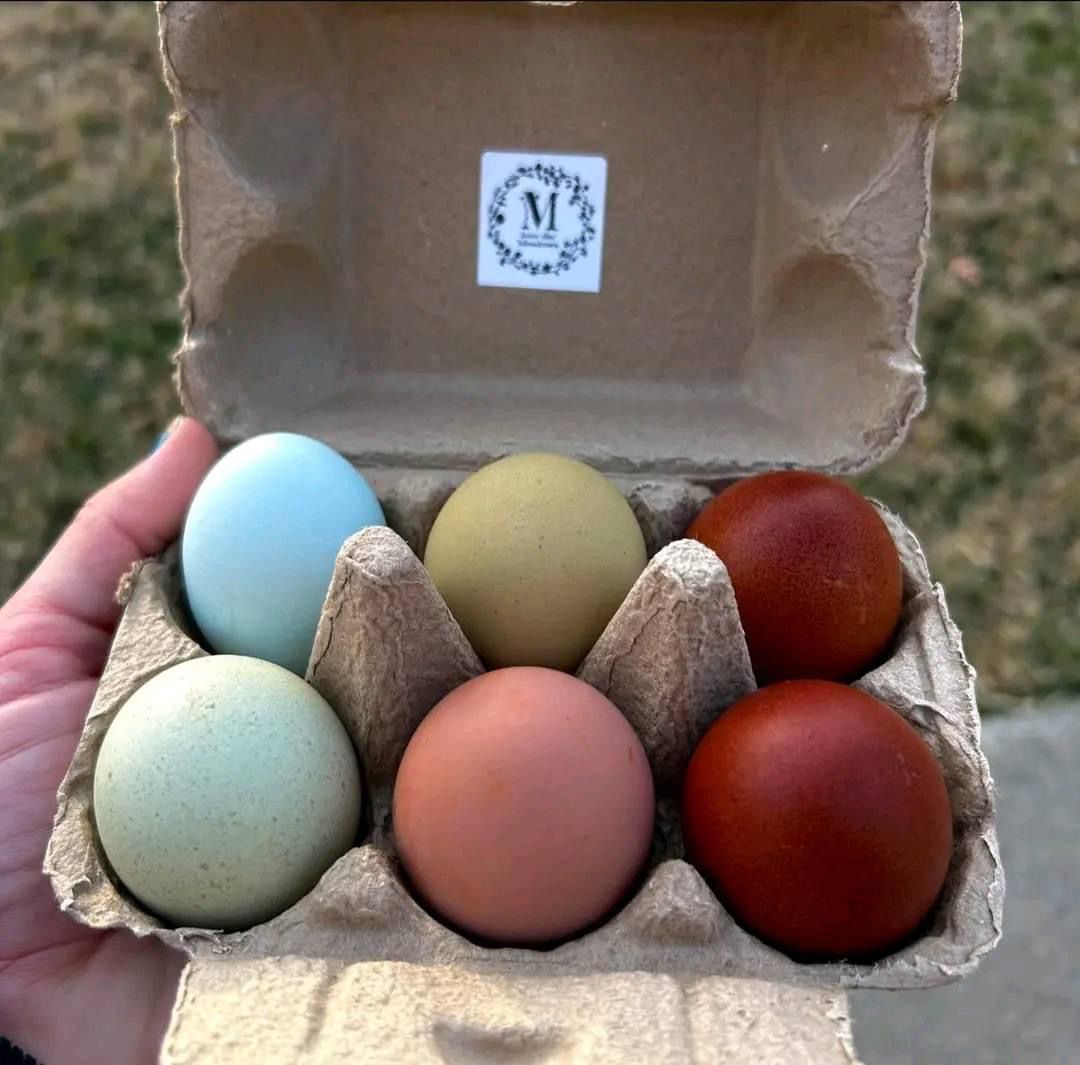
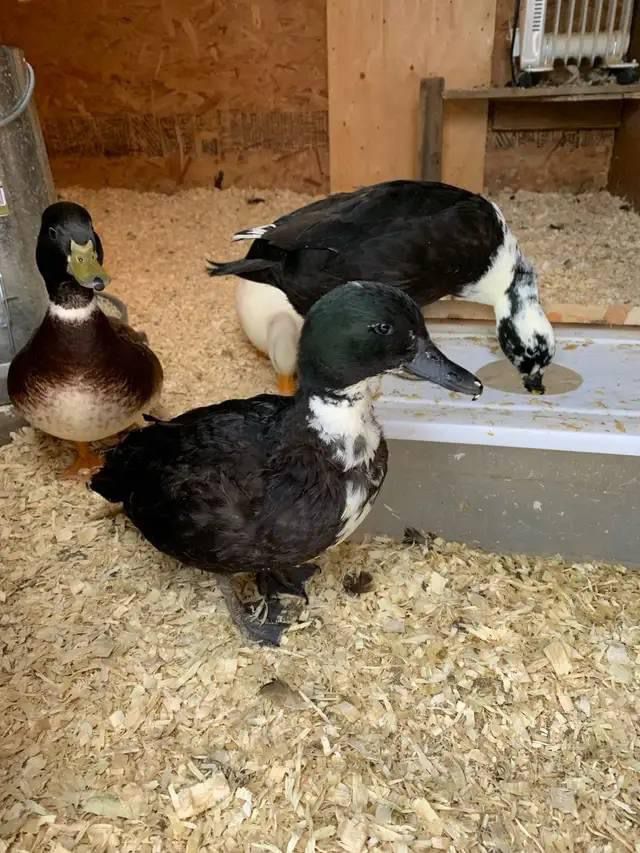
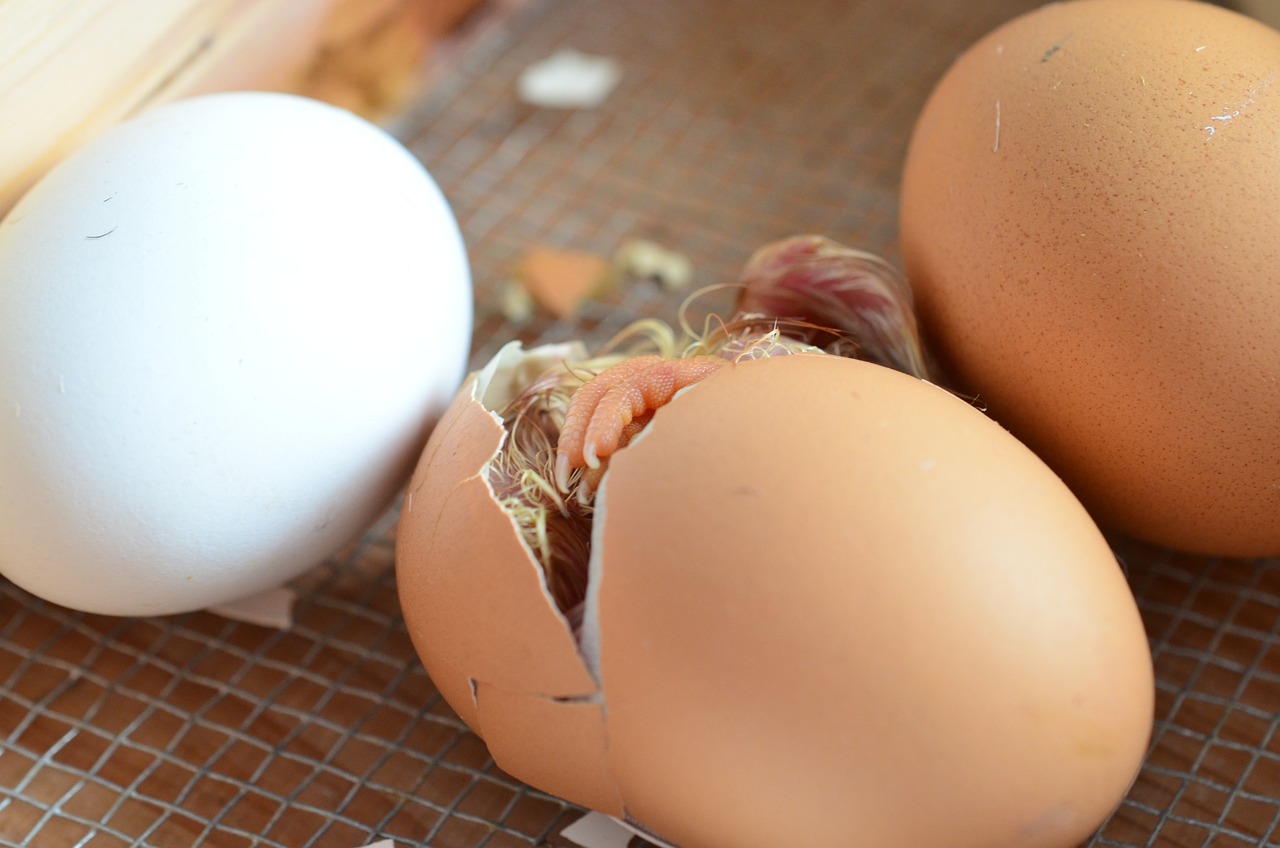

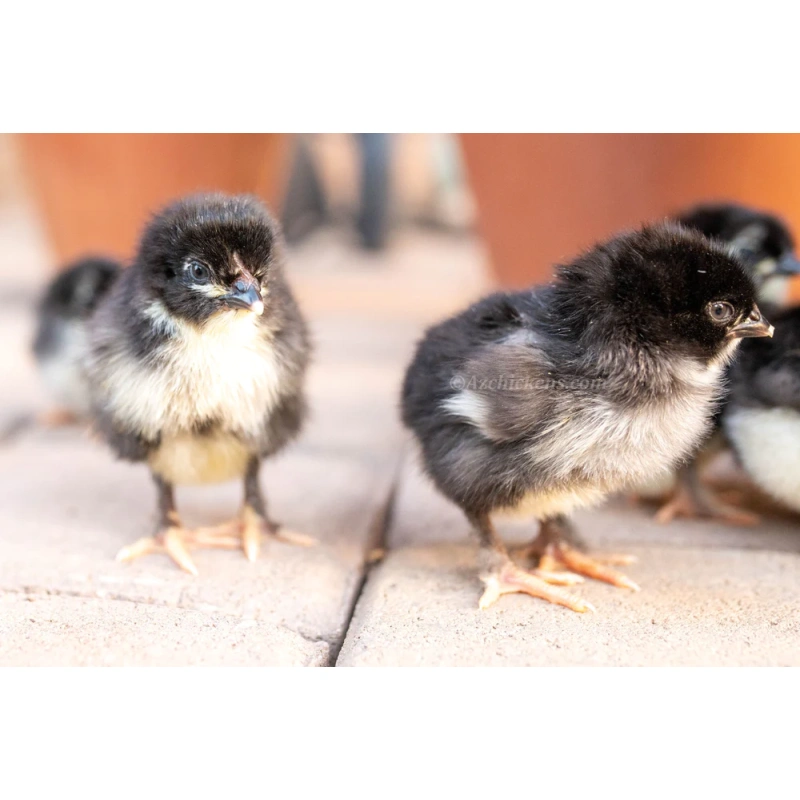
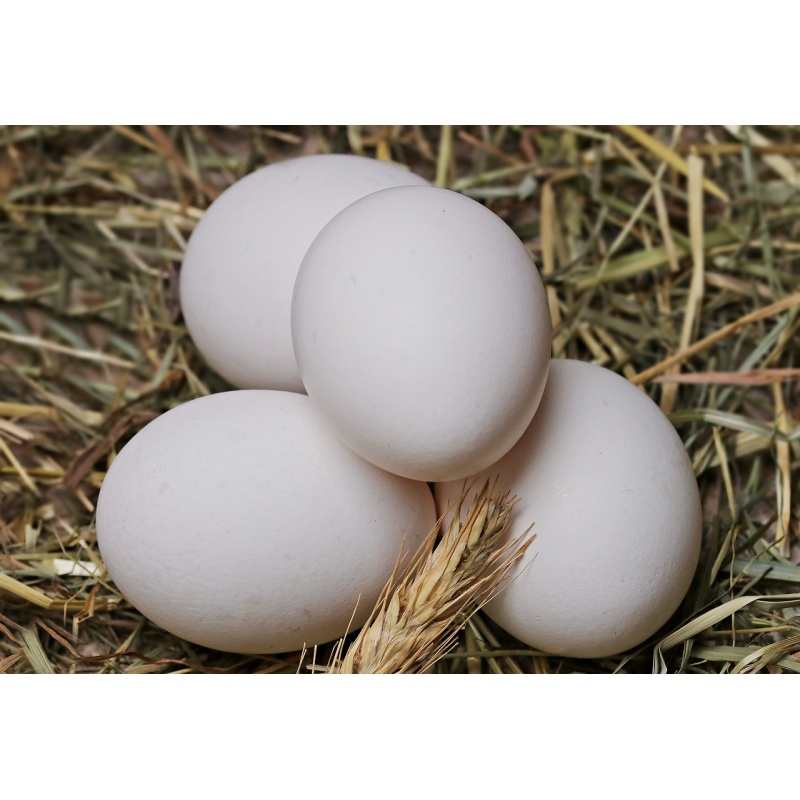
Reviews
There are no reviews yet.